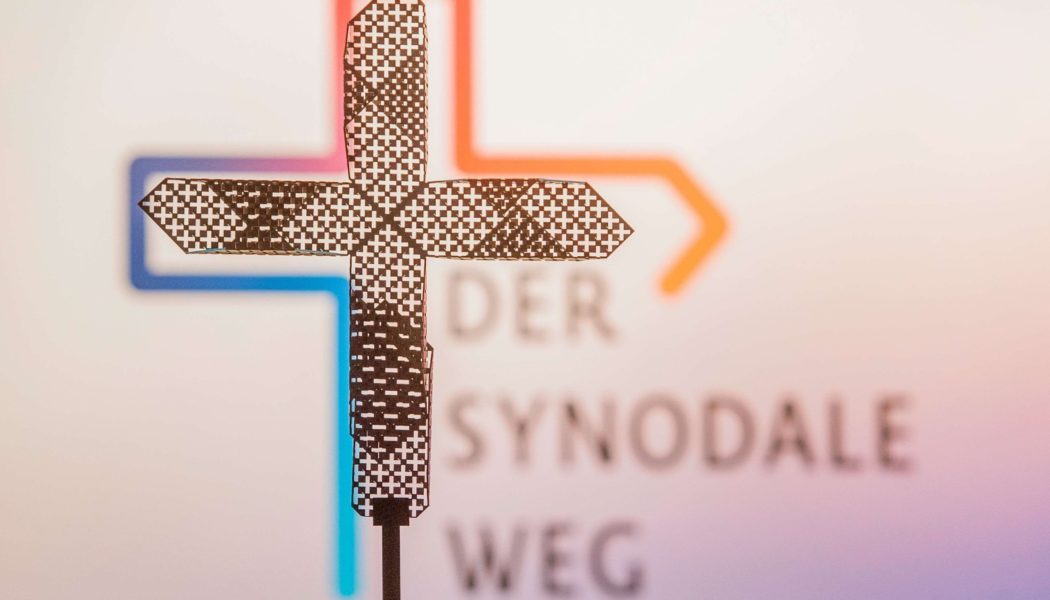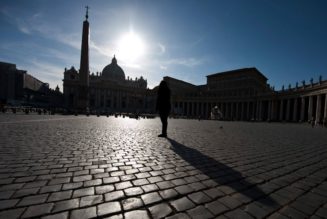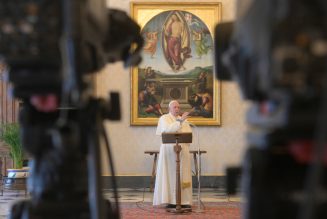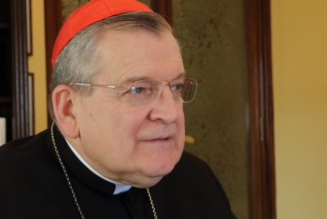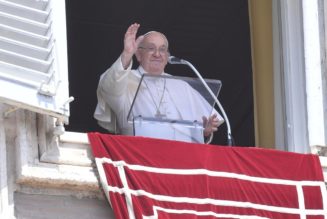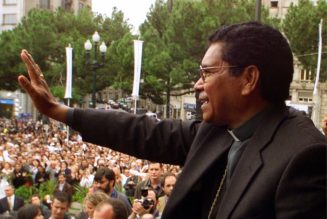
This committee would consist of the 27 diocesan bishops, 27 members elected by the ZdK, and 10 members jointly elected by them.
The committee would be chaired by the president of the bishops’ conference and “the president(s) of the ZdK.”
The permanent Synodal Council would function “as a consultative and decision-making body on essential developments in the Church and society,” the German proposal states.
More importantly, it would “make fundamental decisions of supra-diocesan significance on pastoral planning, questions of the future and budgetary matters of the Church that are not decided at the diocesan level.”
In order to make the council work, “it shall be supported by a permanent secretariat, adequately staffed and financed.”
Rejection of request for secret ballot
Before the vote within the synodal assembly, five participants on Saturday requested a secret ballot under the statutes.
The bylaws state, “In principle, votes shall be taken in public. Exceptions to this are personnel decisions and votes that may be taken by secret ballot at the request of at least five members of the synodal assembly.”
In other words, a vote is taken by secret ballot as soon as five members make a corresponding request.
However, the moderators of the assembly, with backing from the presidium under Bishop Georg Bätzing and ZdK president Irme Stetter-Karp, had all members of the “Synodal Way” vote on this motion, resulting in its rejection.
A motion to examine the legal interpretation, which several participants characterized as questionable, was also rejected by the majority of the synodal assembly.
(Story continues below)
Early departure of at least two participants
In response to this handling of the motion by organizers, at least two participants declared their intention to depart from the assembly.
The eminent theologian and Ratzinger Prize winner Marianne Schlosser, who teaches theology of spirituality in Vienna, told EWTN at the event that she found it “emotionally speaking sad and objectively speaking outrageous” how the motion had been handled.
She justified the decision to sign and submit the request for a secret ballot in writing by saying the point was “to allow people who are not so aligned with the mainstream or the majority to vote freely on a text or on a bill.”
Schlosser herself had taken a public stance against the document. However, organizers had earlier dismissed concerns of pressure on bishops rejecting a pro-LGBT document, with president Stetter-Karp labeling bishops even attacking such concerns as “whiny.”
Following the fallout on Saturday, Hanna-Barbara Gerl-Falkovitz, a noted philosopher, also announced she would leave early because of how the Synodal Way was being handled.
Join Our Telegram Group : Salvation & Prosperity
